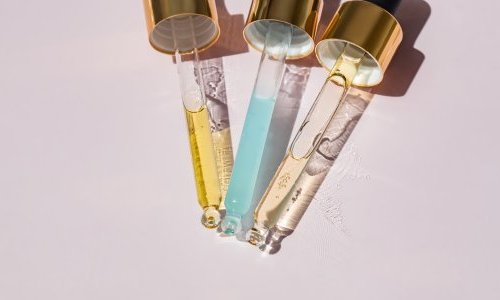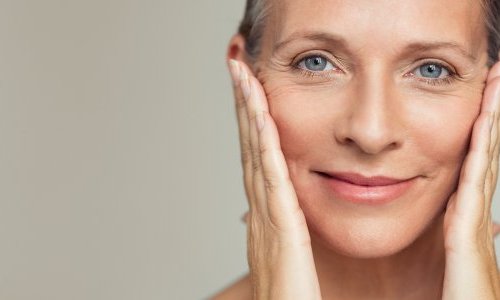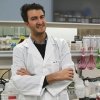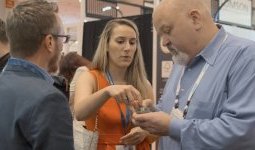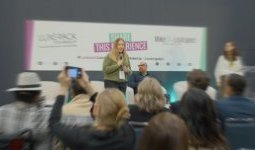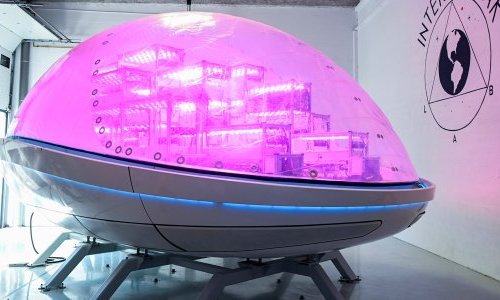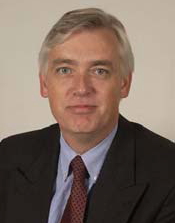
The new funds come on top of the 50 million euros programme that the European Commission and Cosmetics Europe (formerly known as Colipa)have jointly invested in SEURAT-1 [1], a five year research initiative, which was launched to develop a consistent strategy for the replacement of in vivo repeated dose systemic toxicity testing.
Speaking at the annual SEURAT-1 meeting, which was held in Lisbon last week, Cosmetics Europe Director-General, Bertil Heerink, said the research programme need to be extended in order to take full benefit of all the efforts made in previous years. “We want the programme to maintain momentum. This industry continues to be totally committed to replacing alternative methods as soon as scientifically possible and therefore we continue to invest in research. The acknowledgement of our industry’s efforts helps us to continue our research on such a large scale,” he added.
The Cosmetics Europe Alternatives to Animal Testing (AAT) extended programme will focus on:
– Pre-validation of ‘promising’ toolbox test methods for Skin Sensitization and data integration activities
– Finalising development and conduct pre-validation of the already developed 3D-model for genotoxicity, and promote regulatory acceptance in this field
– Refinement of eye irritation assays to address last remaining gaps.
The aim is to achieve workable solutions to replace animal testing as soon as possible, since the ban on the tests that remain accepted will enter into force in March 2013, despite the fact that it is unlikely that safe alternatives have been finalised in the meantime.
“The scientific consensus is that the development of non-animal alternative methods represents a considerable challenge. The cosmetics industry has been working hard for many years to meet this challenge as fast as possible. Nevertheless, the development, validation and acceptance of alternative methods by regulatory bodies can only be considered as a long-term effort,” pointed out Dr Rob Taalman, Director of Research and Project Management for SEURAT-1.





